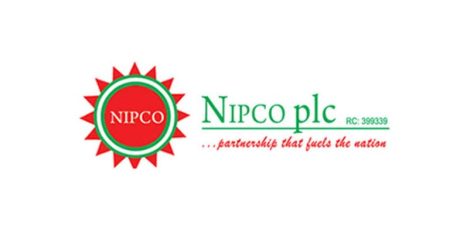Ghana’s ranking as the 12th most expensive country to live in Africa, according to Numbeo’s cost-of-living database, paints a complex picture of the nation’s economic reality. While recent months have witnessed a steady decline in headline inflation, the overall cost of living remains comparatively high, placing Ghana behind several other African nations, including Ethiopia, Botswana, Mozambique, and Ivory Coast. This high cost of living stems from persistent pressures within key sectors such as food, utilities, and transportation, which continue to impact household budgets significantly, particularly for low- and middle-income earners. The Numbeo index, which considers the relative prices of essential goods and services including food, housing, transportation, healthcare, and more, assigned Ghana a score of 30.6. This score reflects a relatively low rent index of 12.1, but a higher grocery index of 33.3, indicating the relative expense of food items in the country.
The data provides a nuanced perspective on Ghana’s economic situation. While the declining inflation rate is a positive indicator, the persistent high cost of essential goods and services underlines the challenges faced by ordinary citizens. The disparity between the relatively low rent index and the higher grocery index suggests that while housing costs may be manageable, the cost of food remains a significant burden. This situation likely disproportionately affects lower-income households who allocate a larger portion of their income to food expenses. The ranking also highlights the need for a deeper understanding of the factors contributing to the high cost of living beyond just headline inflation figures. The interplay between food prices, utility costs, and transportation expenses needs further analysis to formulate effective policies.
The decline in Ghana’s inflation rate from 21.2% in April 2025 to 18.4% in May 2025, marking five consecutive months of decline, offers a glimmer of hope. The Ghana Statistical Service attributes this positive trend to reduced transportation costs and a significant drop in non-food inflation. The decrease in transport inflation from 14.9% to 3.1% within a month is particularly noteworthy. However, food inflation, a primary driver of consumer price increases, remains stubbornly high, albeit with a slight decline from 25% in April to 22.8% in May. This persistent food inflation continues to exert pressure on household budgets and underscores the need for targeted interventions to address the root causes of food price volatility.
Despite the positive trend in overall inflation, the high cost of living remains a pressing concern for Ghanaians, especially those with limited incomes. The continuous strain on household budgets underscores the limitations of relying solely on headline inflation figures as an indicator of economic well-being. While the falling transportation costs and non-food inflation offer some relief, the persistently high food prices, coupled with the ongoing costs of utilities, school fees, and medical expenses, continue to pose significant challenges. This situation necessitates a comprehensive approach to address the underlying issues contributing to the high cost of essential goods and other necessary expenditures.
The calls from civil society organizations and labor unions for more targeted government interventions to alleviate the cost burden on vulnerable groups highlight the urgency of the situation. These calls emphasize the need for policies that go beyond addressing general inflation and focus specifically on the factors driving up the cost of essential goods and services. Such interventions could include measures to stabilize food prices, improve access to affordable healthcare and education, and enhance social safety nets for low-income households. Addressing these specific challenges will be crucial in ensuring that the benefits of declining inflation translate into tangible improvements in the living standards of ordinary Ghanaians.
In conclusion, Ghana’s economic landscape presents a complex picture. While declining inflation offers a positive sign, the persistent high cost of living, particularly concerning food prices, remains a significant challenge for many households. Addressing this duality requires a comprehensive approach that considers the nuanced interplay of various factors influencing the cost of essential goods and services. Targeted interventions aimed at stabilizing food prices, improving access to affordable healthcare and education, and strengthening social safety nets are crucial to alleviate the burden on vulnerable populations and ensure that economic progress translates into tangible improvements in the lives of all Ghanaians. Furthermore, a deeper understanding of the structural factors contributing to the high cost of living is necessary to develop sustainable long-term solutions that promote inclusive and equitable economic growth.














